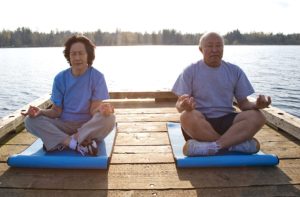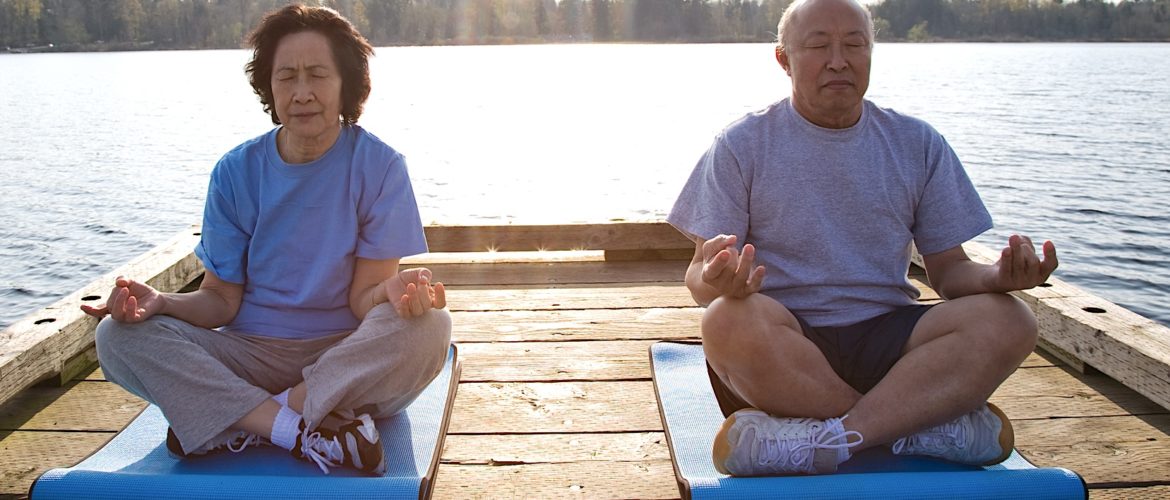 Throughout your life, you’ve probably had a period where you felt like everything was in balance. You were healthy. Your relationships were strong. Your career was going well…
Throughout your life, you’ve probably had a period where you felt like everything was in balance. You were healthy. Your relationships were strong. Your career was going well…
If you’re like most people, you’ve also had those moments when you felt unbalanced – like something wasn’t right, and it was dragging you down in other aspects of life.
It’s true throughout life that if we have our health, we have our greatest wealth. More than ever as we mature, fitness plays an even greater role in our overall wellness or wellbeing – how we feel across the board.
Over the holidays, it’s a good time to review your balance (or wellness/wellbeing) and how to protect it.
What Is Wellness?
The National Institutes of Health (NIH) write “People often think about wellness in terms of physical health — nutrition, exercise, weight management, etc., but it is so much more. Wellness is a holistic integration of physical, mental, and spiritual well-being, fueling the body, engaging the mind, and nurturing the spirit.”
The University of California says: “Wellness is an active process of becoming aware of, and making choices toward a healthy and fulfilling life. Wellness is more than being free from illness, it is a dynamic process of change and growth.”
Most experts list six to eight categories of wellbeing. Here’s the breakdown provided by the
International Council on Active Aging:
- Physical – Exercise and nutrition are essential to maintaining independence and health. Being strong helps us with LITERAL balance to prevent falls!
- Emotional – “Coping with challenges and behaving in trustworthy and respectful ways.”
- Intellectual/Cognitive – “Engaging in creative pursuits and intellectually stimulating activities.”
- Professional/Vocational – Using your “skills while providing personal satisfaction.”
- Social – “Interactions with family, friends, neighbors and chosen peer groups.”
- Spiritual – “Living with a meaning and purpose in life, guided by personal values.”
- Environmental – Promoting a healthy environment; understanding how different environments affect you.
Some Simple Tips
- Move More / Sit Less. Everything you do adds up.
- Volunteer online or over the phone. Call local charitable organizations, community centers, or your religious leaders.
- Express yourself. Write in a journal, paint, play music or sing. Talk about your feelings with family, friends, a therapist or a spiritual leader.
- Limit time watching the news or looking at social media.
- Meditate or pray each day. Schedule the time and treat it like an important appointment.
- Read books. Talk about them in an online book club or with family and friends.
- Research for your next trip, or plan something to look forward to.
- Try to be thankful, tolerant and patient with yourself and others.
Making positive changes and reinforcing good habits are super-important, says the NIH (and our experience). Things like scheduling, accountability, convenience, and HAVING FUN will help.
Being part of a gym or fitness community is an invaluable way to build the balance you need. We’re here for you now and in the future.
Holly Kouvo is a personal trainer, functional aging specialist, senior fitness specialist, brain health trainer, writer, and speaker.

